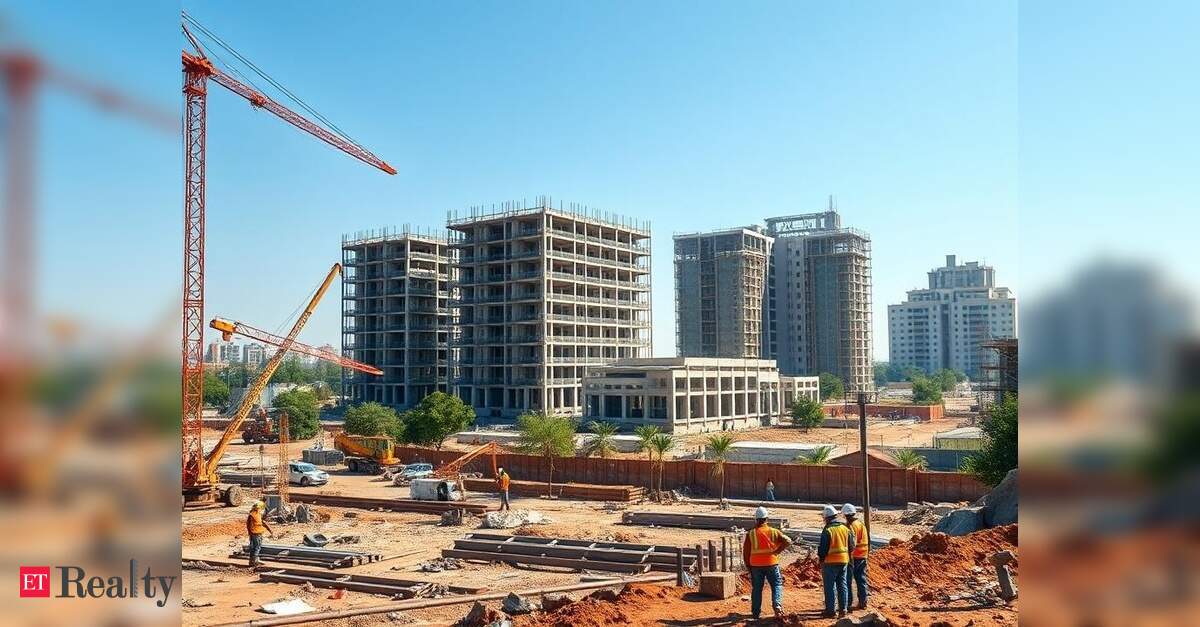
PUNE: Housing activists have voiced serious concerns regarding the recommendations from the Pravin Darekar committee on self-redevelopment, stating that the new proposals undermine key benefits established in the state government’s 2019 government resolution (GR) and create new challenges for middle-class homeowners.
Housing expert Chandrashekhar Prabhu noted that the committee’s report could strip vital incentives for housing societies, complicating the process for residents. “The 2019 GR offered a 10% increase in FSI as a significant incentive, while the Darekar committee has only recommended a 10% increase in carpet area—offering no real advantage to housing societies,” he explained.
According to activists, one of the most controversial recommendations is the establishment of a 30-year age requirement for buildings to qualify for self-redevelopment. “This criterion is arbitrary and unnecessary,” Prabhu argued, highlighting that numerous buildings can develop serious structural issues and become unsafe within 10 to 15 years due to poor construction. “Exceptions should be made for structurally compromised buildings, irrespective of their age. Safety cannot be delayed for an arbitrary timeline,” he stated.
The committee has also proposed that only buildings located on roads at least nine meters wide qualify for self-redevelopment. “What about approved buildings on narrower roads? There should be no discrimination based on road width,” Prabhu remarked, deeming this criterion exclusionary.
Another significant concern raised by activists is the shift from the 2019 GR’s provision allowing for the procurement of transfer of development rights (TDR) at 50% of the ready reckoner rate, to a mere 10% discount on premiums—representing a substantial reduction in financial relief. “The original 50% discount on TDR rates was transformative for middle-class societies. The committee’s proposal of only a 10% discount undermines that purpose,” stated members from the state housing federation.
Activists have also objected to the imposition of land under construction tax for self-redevelopment projects, viewing it as an extra burden for societies already facing financial difficulties. Federation members criticized the call for mandatory blockchain-based approvals, emphasizing the need for efficient oversight in this area.
Shreeprasad Parab, a member of the state housing federation, highlighted the urgent need for a dedicated IAS officer to manage the promised one-window clearance system within three months. “Without proper administrative oversight, the single-window system may remain merely theoretical,” he said.
While activists have also raised concerns about the committee’s recommendations regarding cluster development, they have not specified their objections. Chief Minister Devendra Fadnavis, upon accepting the report last week at Vidhan Bhavan, stated that the recommendations would be sent to various departments for a thorough review, after which a revised self-redevelopment policy would be drafted. Housing activists remain hopeful that their concerns will be addressed during this review process.




